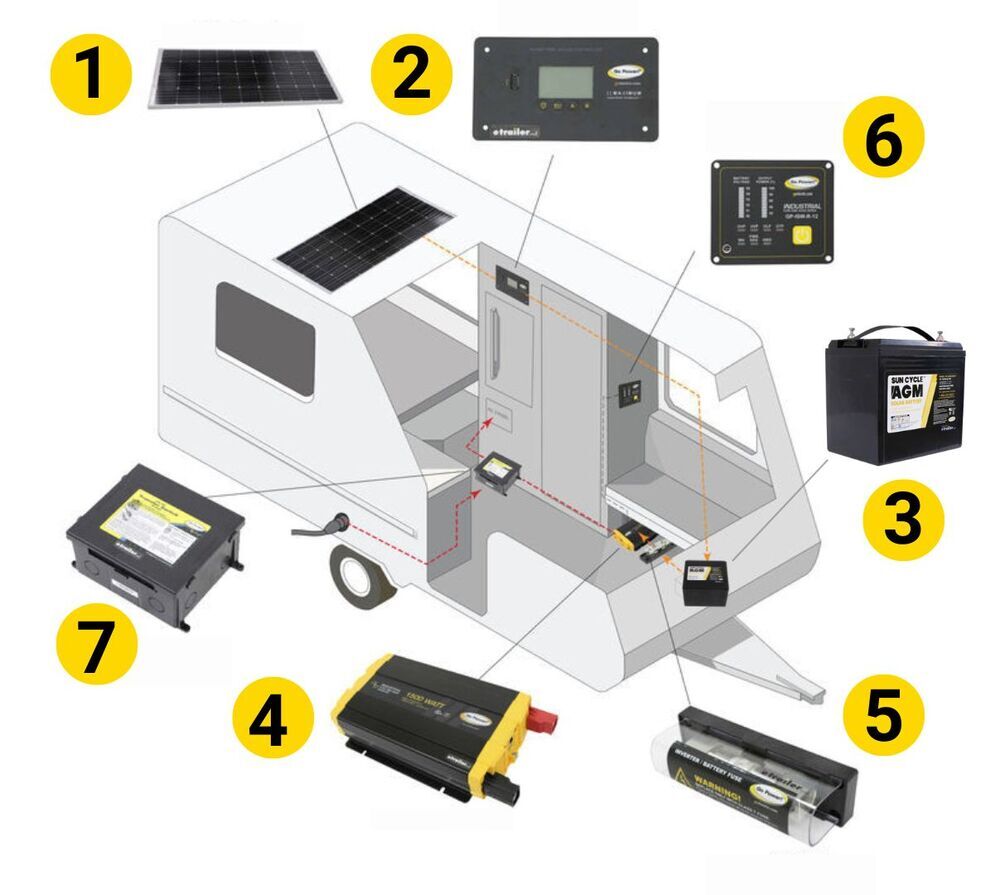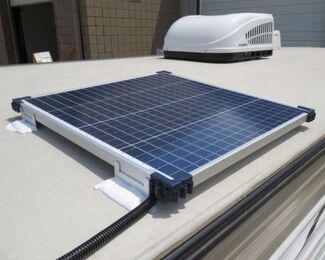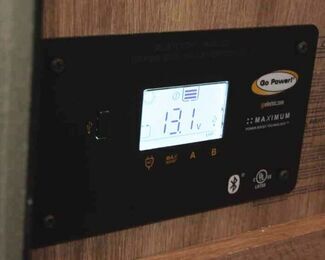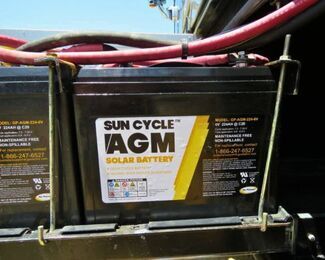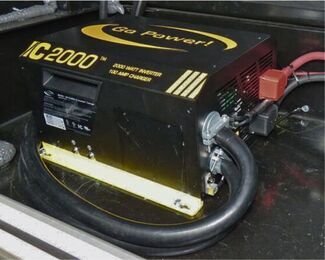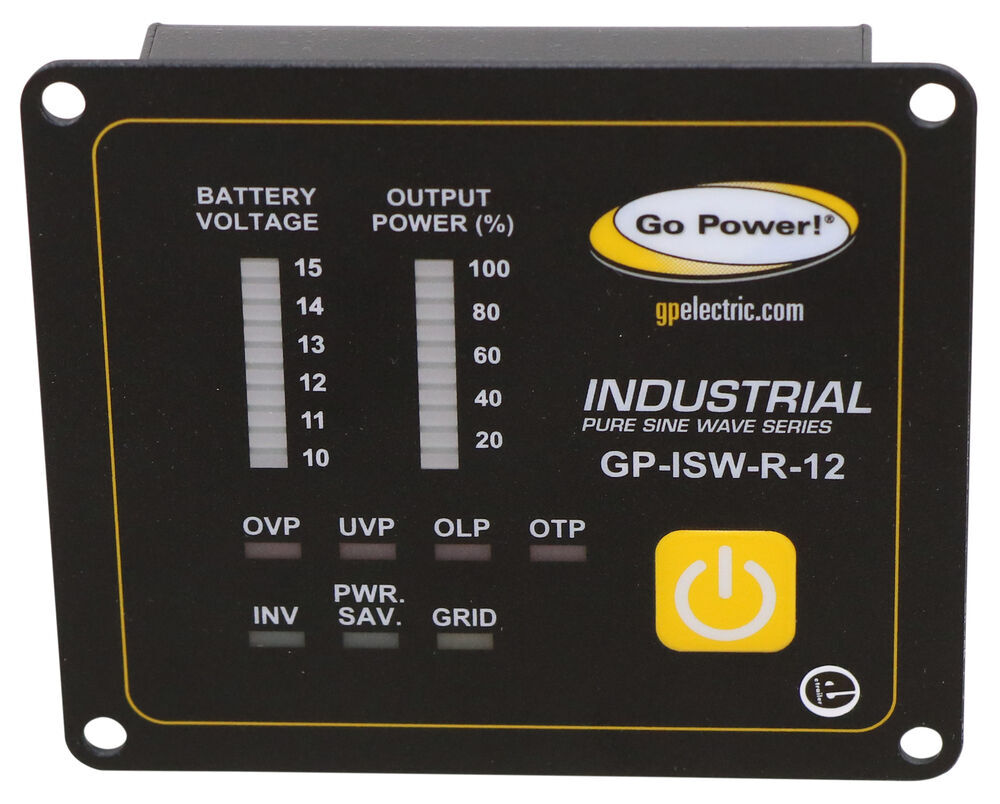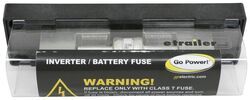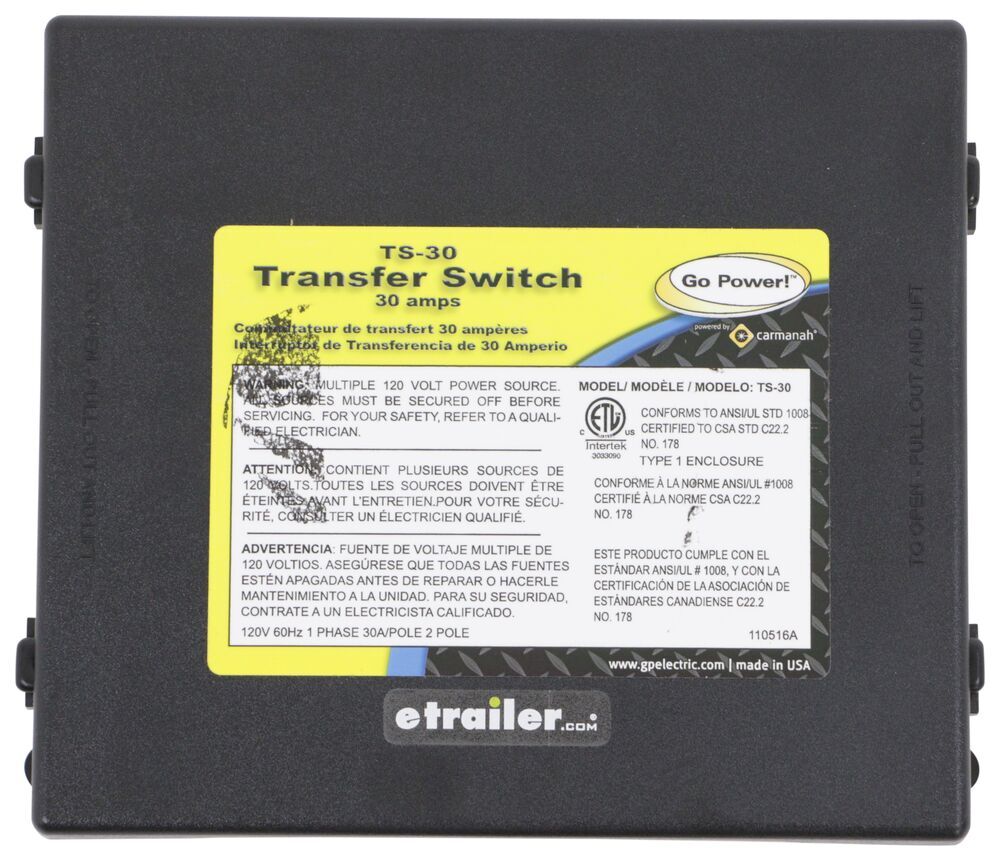Say Goodbye to Noisy Generators and Hello to Eco-Friendly Adventures. The freedom to roam off-grid and harness the sun's energy, it's a game-changer for any road trip enthusiast. With our solar panels, controllers, batteries, inverters, and accessories, you'll have everything you need to power up your RV adventures. Generate your own electricity wherever you roam, thanks to our efficient and eco-friendly solar panels. Our solar controllers optimize charging and battery health, while our inverters convert power seamlessly for all your devices. Don't forget our essential accessories like remote controls and fuse blocks for added convenience and safety. Plus, with automatic transfer switches, you'll enjoy uninterrupted power supply no matter where you go. Upgrade your RV today and experience the freedom of solar power on the road!With over 75 years of assisting our neighbors and customers, over 1 million photos and videos taken to make sure you’re getting exactly what you need, and over 35 thousand installations completed, we’ve got the product know-how and experience to help you make the right choices for the job at hand.How do I determine the right size of solar panels for my RV? To determine the appropriate size of solar panels, consider your daily energy consumption and the amount of sunlight available. A general guideline is that a 100-watt solar panel can produce about 30 amp-hours per day. Matching your battery capacity in amp-hours with your solar output in watts is also a useful approach. For a more precise calculation, you can use a solar sizing calculator.Can I install an RV solar system myself?Yes, installing an RV solar system can be a DIY project if you're comfortable with basic electrical work. It's important to follow a step-by-step guide and adhere to safety precautions. If you're unsure, consulting a professional is recommended. What does it mean when an RV is labeled as "solar ready"?The term "solar ready" can vary between manufacturers. Generally, it means the RV has pre-installed wiring or ports to facilitate the addition of solar panels. However, it doesn't necessarily include all components needed for a complete solar system. It's important to verify what's included and what additional equipment is required.Can I use solar power to run all my RV appliances?It depends on your system size and the appliances you want to run. Solar is great for powering lights, charging devices, or running small electronics. For larger appliances like an air conditioner, you’d need a high-capacity battery bank, powerful inverter, and a robust solar setup. Many RVers use solar for essentials and supplement it with a generator for high-power needs.How do I maintain my RV solar system?Maintenance is pretty simple! Keep your panels clean—dust, dirt, and debris can reduce efficiency. Check the connections regularly to ensure they’re secure and corrosion-free. Also, monitor your batteries to make sure they’re holding a charge and staying in good condition.
Can I add more solar panels later?Absolutely! Most systems are expandable, so you can add panels as your energy needs grow. Just make sure your charge controller and wiring can handle the extra power.How do I know if my solar system is working properly?A solar controller with a display or monitoring app can show you how much power your system is generating and how much charge your batteries have. If you notice your batteries aren’t charging or your power output is low, it might be time to inspect the panels or connections.Can I still use solar panels if I camp in shaded areas?Yes, but your system will produce less power. To maximize efficiency, try parking where panels get the most sunlight, even if it's only part of the day. Pairing solar with a generator or larger battery bank can help in low-light situations.

